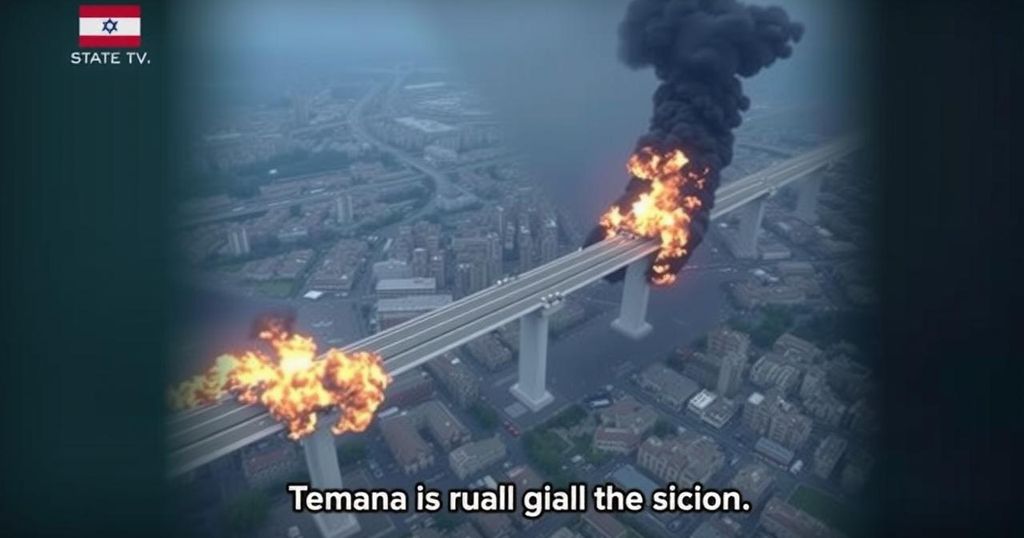UN Security Council Discusses ICC Warrant for Netanyahu Amid Gaza Crisis

During the UN Security Council meeting, Palestinian envoy Riyad Mansour called for action against Israeli Prime Minister Netanyahu following the ICC’s arrest warrant, asserting the need to uphold international law amidst rising humanitarian crises in Gaza. The session revealed clashing perspectives on accountability, the role of Hamas, and the urgent need to address the suffering of civilians.
During a recent session of the United Nations Security Council, Riyad Mansour, the Palestinian envoy to the UN, addressed the warrant issued by the International Criminal Court (ICC) for the arrest of Israeli Prime Minister Benjamin Netanyahu, asserting that it is a matter of justice rather than faith. He condemned Netanyahu’s response, labeling it a diversionary tactic amidst serious allegations of war crimes.
Mansour condemned what he termed Netanyahu’s “diversions and distortions” and urged the council to act decisively in restoring adherence to international law, highlighting the dire humanitarian crisis in Gaza. He warned that the ongoing violence would have severe repercussions for the Middle East and beyond, calling for an end to the suffering faced by civilians.
As Palestinians in Gaza prepare for a challenging winter, Mansour lamented the lack of essential infrastructure and the looming threat of famine, imploring council members to acknowledge the conflict’s potential to escalate into an enduring religious war.
United States Deputy Ambassador Robert Wood reiterated U.S. opposition to the annexation and settlement expansion, attributing the failure to achieve a ceasefire primarily to Hamas. Meanwhile, Russian Deputy Permanent Representative Dmitry Polyanskiy criticized the U.S. stance, questioning the escalating violence and the long-term impact on Palestinian populations.
The discussion in the Security Council focused on the urgent need to address humanitarian concerns and the significant political fallout from the conflict, emphasizing the role of international law in resolving such disputes.
The ongoing Israeli-Palestinian conflict has been marked by cycles of violence and humanitarian crises, particularly in Gaza. The International Criminal Court’s recent warrant for the arrest of Israeli officials has reignited discussions regarding accountability and international law. Diplomatic tensions have escalated, with various nations expressing their positions on the legality of actions taken by both sides.
The United Nations Security Council discussions underscore the critical need for international intervention to address the humanitarian crisis in Gaza while reaffirming the principles of international law. The divergent views among UN member states highlight the complexities of the conflict, emphasizing the necessity for a united and concerted effort to seek a resolution while safeguarding human rights.
Original Source: www.arabnews.com








